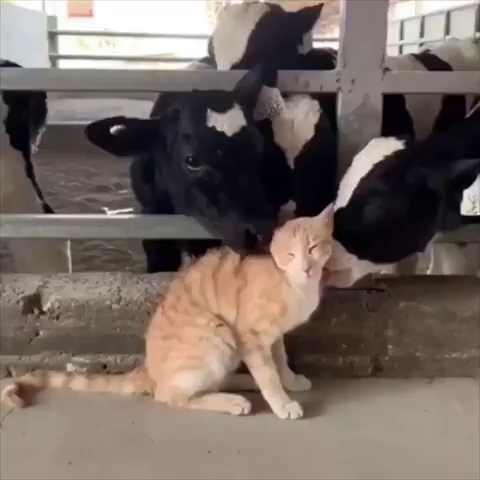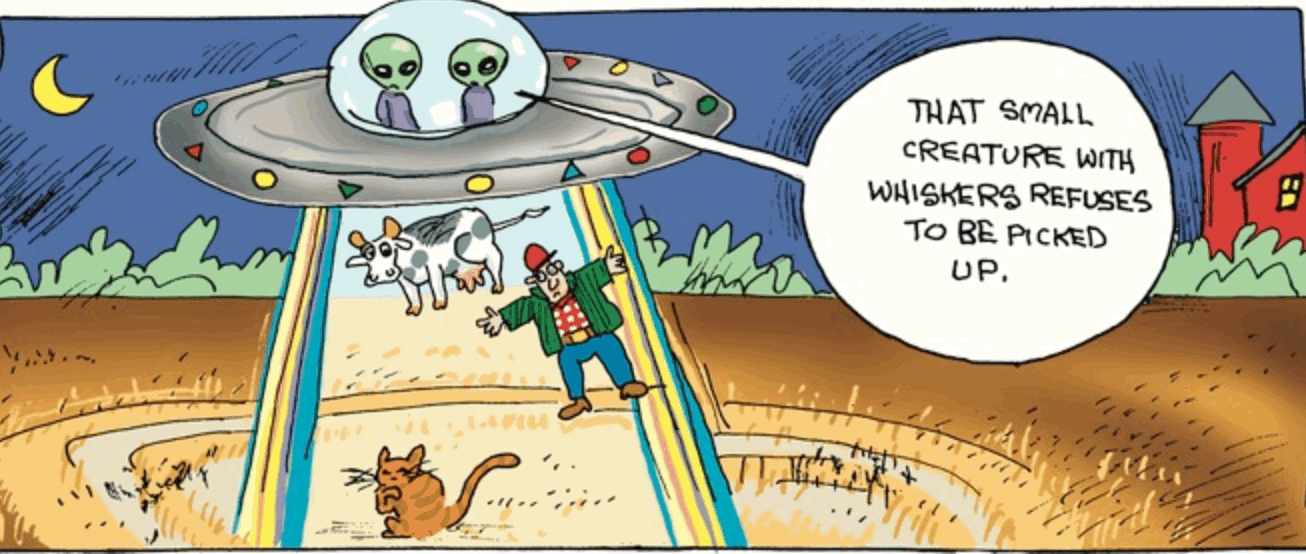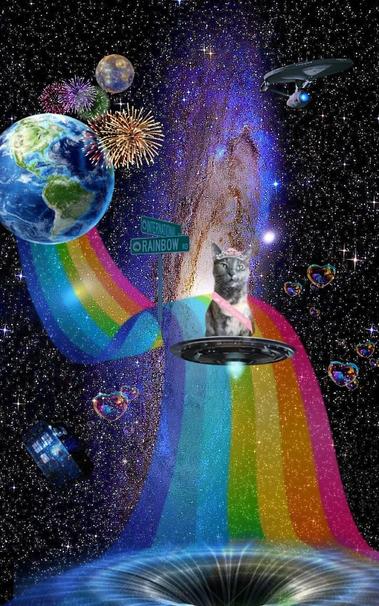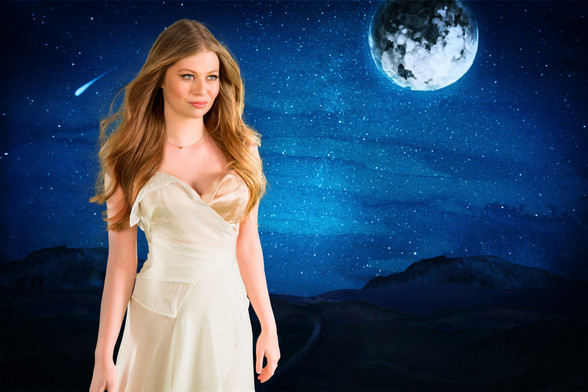2025-11-19 02:50:24
2025-11-16 12:05:17
I have the distinct impression that we could use most American "sci-fi" TV series (which seem to have a kink for post-apocalyptical scenographies) as a diagnostic tool for the autism spectrum.
For a moment, let's leave aside the tons of right-wing propaganda "hidden" in plain sight, and their excessive reliance on boring & worn out tropes (religious & cultish bullshit, irrational lack of communication & excess of anti-social behaviour, all vs all, ultra-low-iq characters*, psychotic & irrationally treacherous characters*, ultra-inconsistent character development used to justify "unexpected" plot twists, rampant anti-intellectualism...).
What could be used as a diagnosis tool is the incredible amount of strong inconsistencies that we can find in them**. It throws me out of the story every single time; and I suspect that it takes a certain kind of "uncommon personality" to feel that way about it, because otherwise these series wouldn't be so popular without real widespread criticism beyond cliches like "too slow", "it loses steam towards the end of the season", etc.
Many of those plots start in a gold mine of potentially powerful ideas... yet they consistently provide us with dirt & clay instead, while side-lining the "good stuff" as if it was too complicated for the populace.
Do you feel strongly about it? Do you feel like you can't verbalize it without being criticised as "too negative", or "too picky", or an "unbearable snob"? Do you wonder why it seems like nobody around shares your discomfort with these stories?
* : I feel this is a bit like the chicken & egg problem. Has the media conditioned part of American society to behave like dumb psychopaths as if it was something "natural", or is the media reflecting what was already there? Also, could we use other societies as models for these stories... just for a change? Please?
** : Just a tiny example: a "brilliant" engineer who builds a bridge out of fence parts and who doesn't bother to perform the most basic tests before trying it in a real setting and suffer the consequences: the bridge failing and her falling into the void. Bonus points for anyone who knows what I'm talking about.
2025-11-15 16:12:24
Series C, Episode 06 - City at the Edge of the World
KERRIL: Right. What are you expecting him to do?
VILA: I'm expecting him to try and kill us.
KERRIL: What?
https://blake.torpidity.net/m/306/332 B7B4
2025-12-06 18:30:36
Cinemas, unions sound alarms over Netflix deal
For Netflix, having films launch on its platform allows the company to attract new users, as well as keep existing customers engaged.
But that stance has led to a testy relationship between Netflix and some exhibitors, which have pushed in general for more films to be released on the big screen.
Theater owner trade group Cinema United has voiced staunch opposition to the deal, saying it represented an “unprecedented threat to…
2025-11-16 00:30:54
Urban Adventure 🏞️
城市探险 🏞️
📷Zeiss Ikon Super Ikonta 533/16
🎞️Ilford HP5, expired 1993
#filmphotography #Photography #blackandwhite
2026-01-10 17:23:55
2025-11-12 21:04:32
2025-11-12 07:19:26
2025-12-01 18:39:38
I'm #ActuallyAutistic, and I love this woman deeply. I have been a huge fan of her music, especially my special interest in her song “Loin d’ici” (ESC Version) since May 14, 2016.
But now, watching Taylor Swift, Cœur de Pirate, and other artists slowly take her place feels like an unspoken farewell, like a song fading softly into the distance. It’s as if she herself is tell…
2025-12-12 16:25:21
Series B, Episode 11 - Gambit
CALLY: But you operated on the people who built Star One.
DOCHOLLI: The technicians, yes, thirty of them. I had no choice.
JENNA: Then you must know where Star One is located. How could you not?
https://blake.torpidity.net/m/211/487 B7B4











